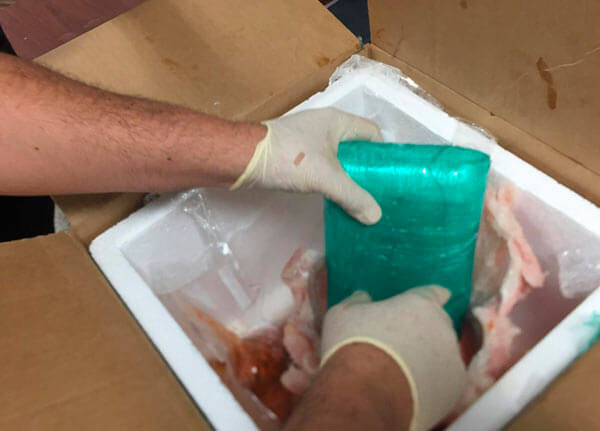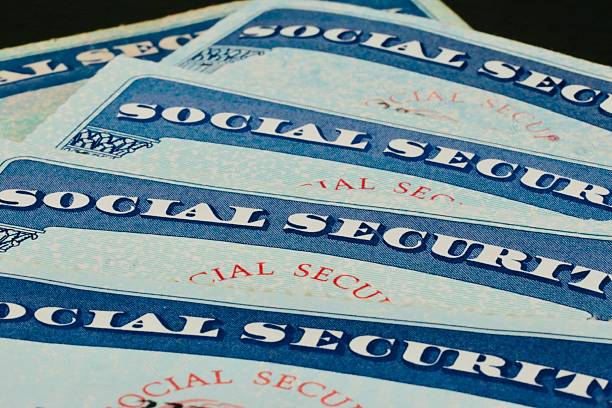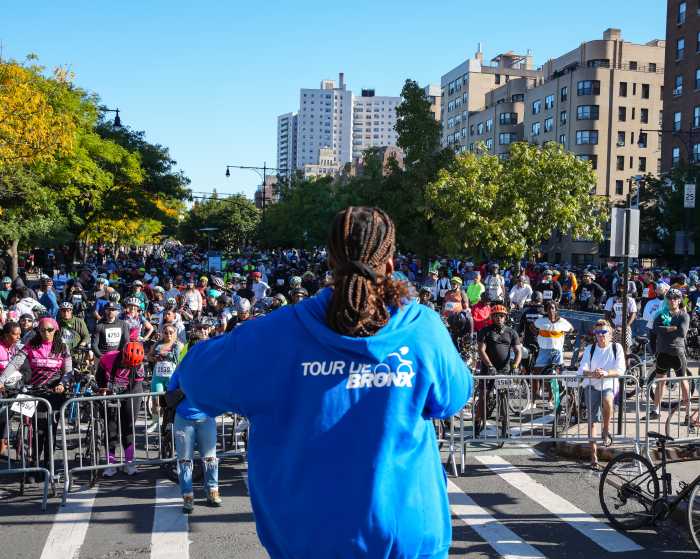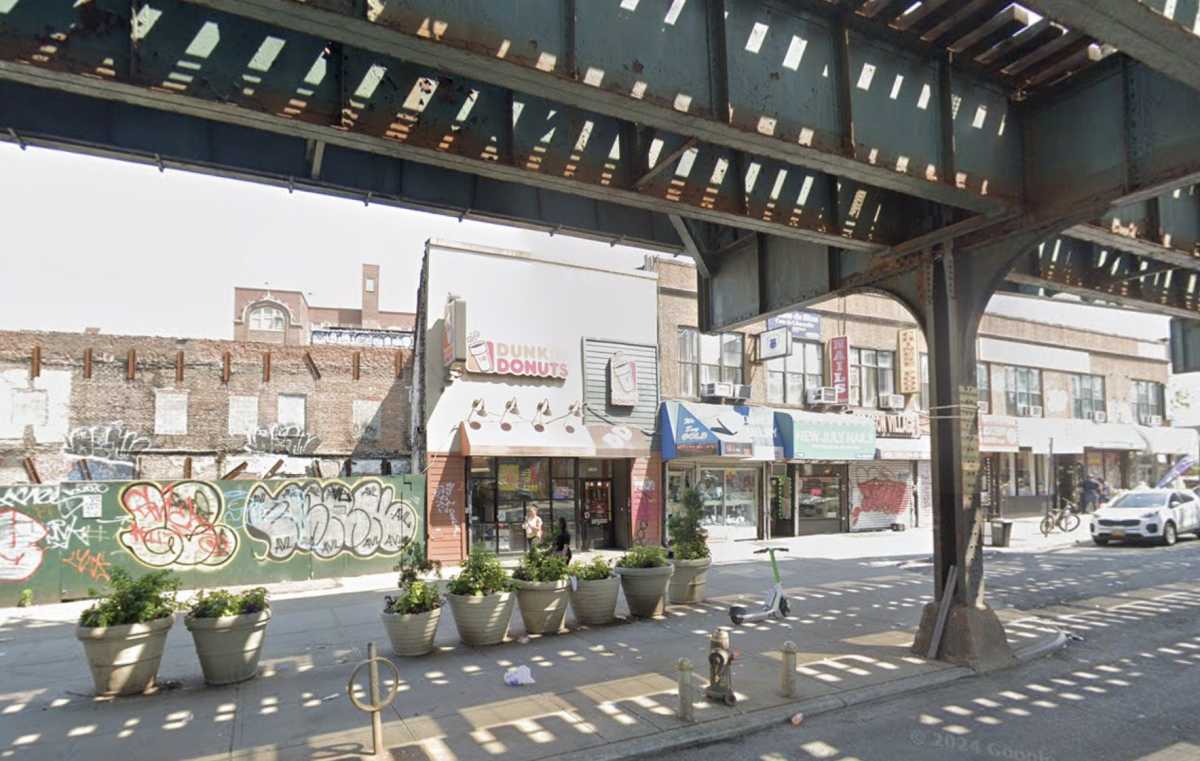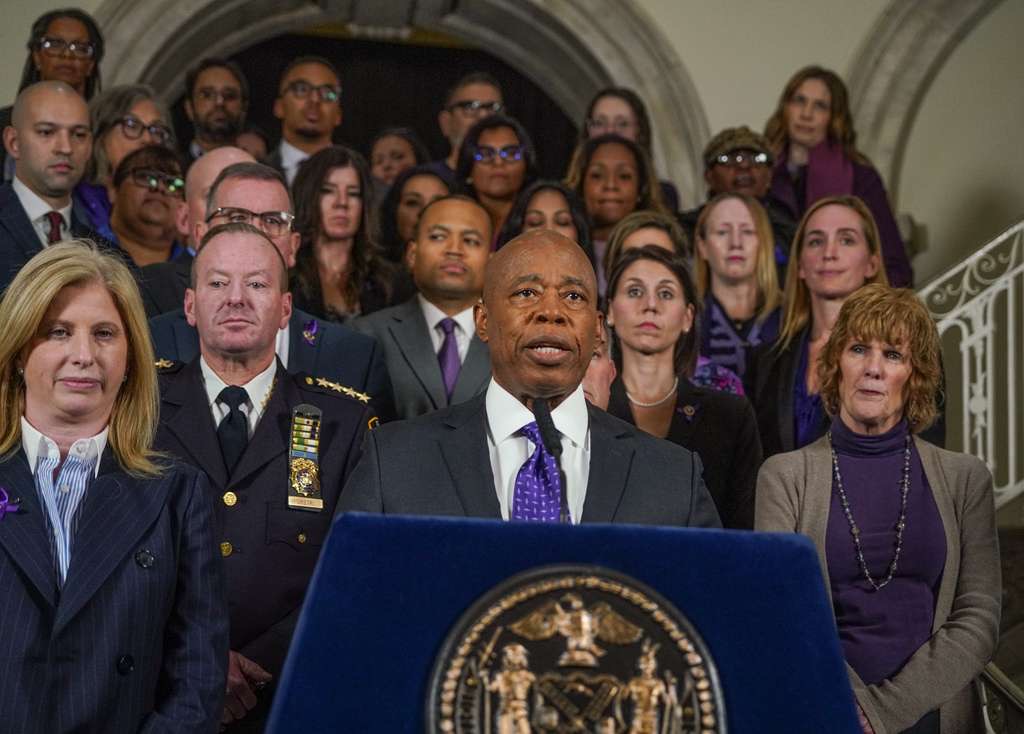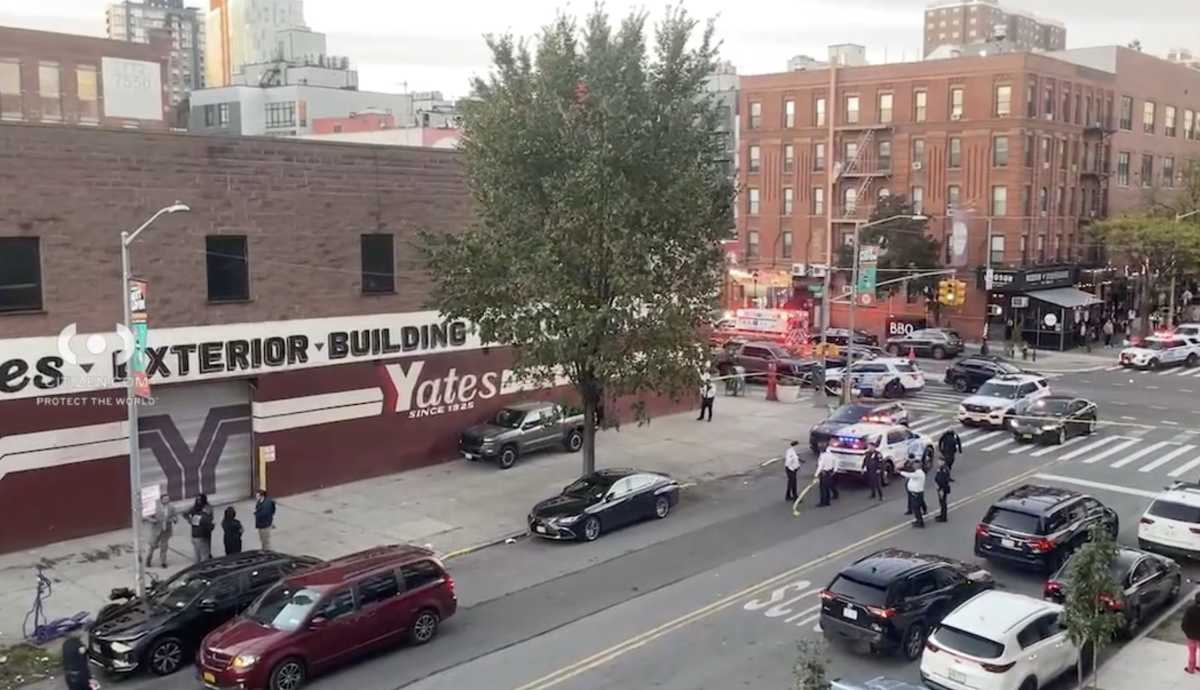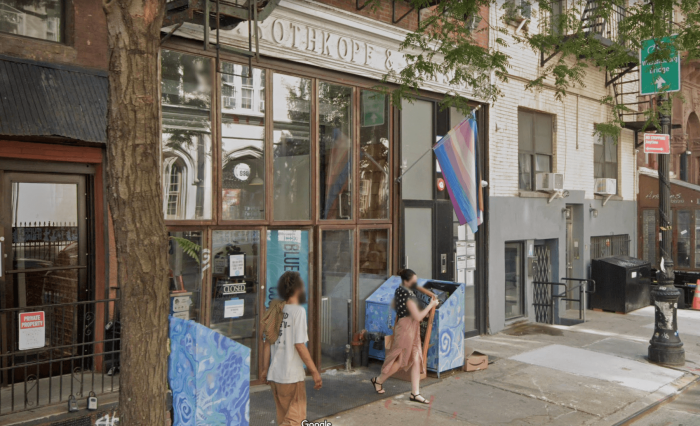In September, Sen. Chuck Grassley (R-Iowa) complained that “For months, I’ve been calling on the Biden administration to get serious about combatting fentanyl knockoffs, which led to a record number of overdose deaths in the United States last year…it appears that the Biden Administration cares more about avoiding new penalties than holding drug traffickers accountable for fueling an opioid epidemic that continues to destroy families and erode communities across the country…”
Opioid overdose deaths have risen dramatically, fueled largely by engineered substances that mimic fentanyl.
The fentanyl crisis began in earnest during the Obama-Biden administration. The Washington Post termed the issue the “Obama Fentanyl Failure,” noting:
“The fentanyl crisis represents an extraordinary public health challenge — and requires an extraordinary public health response… experts wrote to six [Obama] administration officials, including the nation’s ‘drug czar’ and the chief of the Centers for Disease Control and Prevention. The administration considered the request but did not act on it. The decision was one in a series of missed opportunities, oversights and half-measures by federal officials who failed to grasp how quickly fentanyl was creating another — and far more fatal — wave of the opioid epidemic. In the span of a few short years, fentanyl, a synthetic painkiller 50 times more powerful than heroin, became the drug scourge of our time. Fentanyl has played a key role in reducing the overall life expectancy for Americans.”
The DEA notes that “Drug trafficking organizations typically distribute fentanyl by the kilogram. One kilogram of fentanyl has the potential to kill 500,000 people.”
According to that agency, Illicit fentanyl, primarily manufactured in foreign clandestine labs and smuggled into the U.S. through Mexico, is being distributed across the country and sold on the illegal drug market.
The dramatic increase in illegal entry into the U.S. during the Biden administration does not bode well for the coming year’s statistics.
Testifying before the U.S. Senate Caucus on International Narcotics Control Caucus in 2019, U.S. Customs and Immigration Enforcement (ICE) Assistant Director Mathew C. Allen stated:
“Illicit Fentanyl, Fentanyl analogies, and their chemical precursors are most often produced in China. From China, these substances are shipped primarily through mail carriers directly to the U.S., or through TCOs in Mexico, Canada, and the Caribbean. Once in the Western Hemisphere, fentanyl or its analogues are prepared and then mixed into heroin supply, pressed into pill form, then moved to the illicit U.S. market where dependency on prescription opioids and heroin remains at epidemic proportions. In some cases, traffickers have shipped industrial pills pressed from China to the United States to operate fentanyl pill press mills domestically. Mexican TCOs also receive shipments of fentanyl, fentanyl analogues and their precursors directly from China. There is strong evidence that large shipments of fentanyl move from China to Mexico and the shipments are not opened until they are within the United States. Mexican cartels have seized upon this business opportunity because the profit potential of synthetic opiods and have invested in growing their share of the market. Because of its low dosage range and potency, one kilogram of fentanyl purchased in China for $3,000-$5,000 can generate upwards of $1.5 million in revenue on the illicit market…”
According to the U.S.-China Economic and Security Review Commission, China remains the primary country of origin for illicit fentanyl and fentanyl-related substances trafficked into the United States.
The organization notes that “…Chinese traffickers are using various strategies to circumvent new regulations…China’s weak supervision and regulation of its chemical and pharmaceutical industry also enable evasion and circumvention.”
Mexico has become a major entryway for fentanyl to the U.S. That nation’s infamous cartels work with Chinese suppliers. Cartel drug money is laundered through China’s financial system.
Beijing has been uncooperative.

